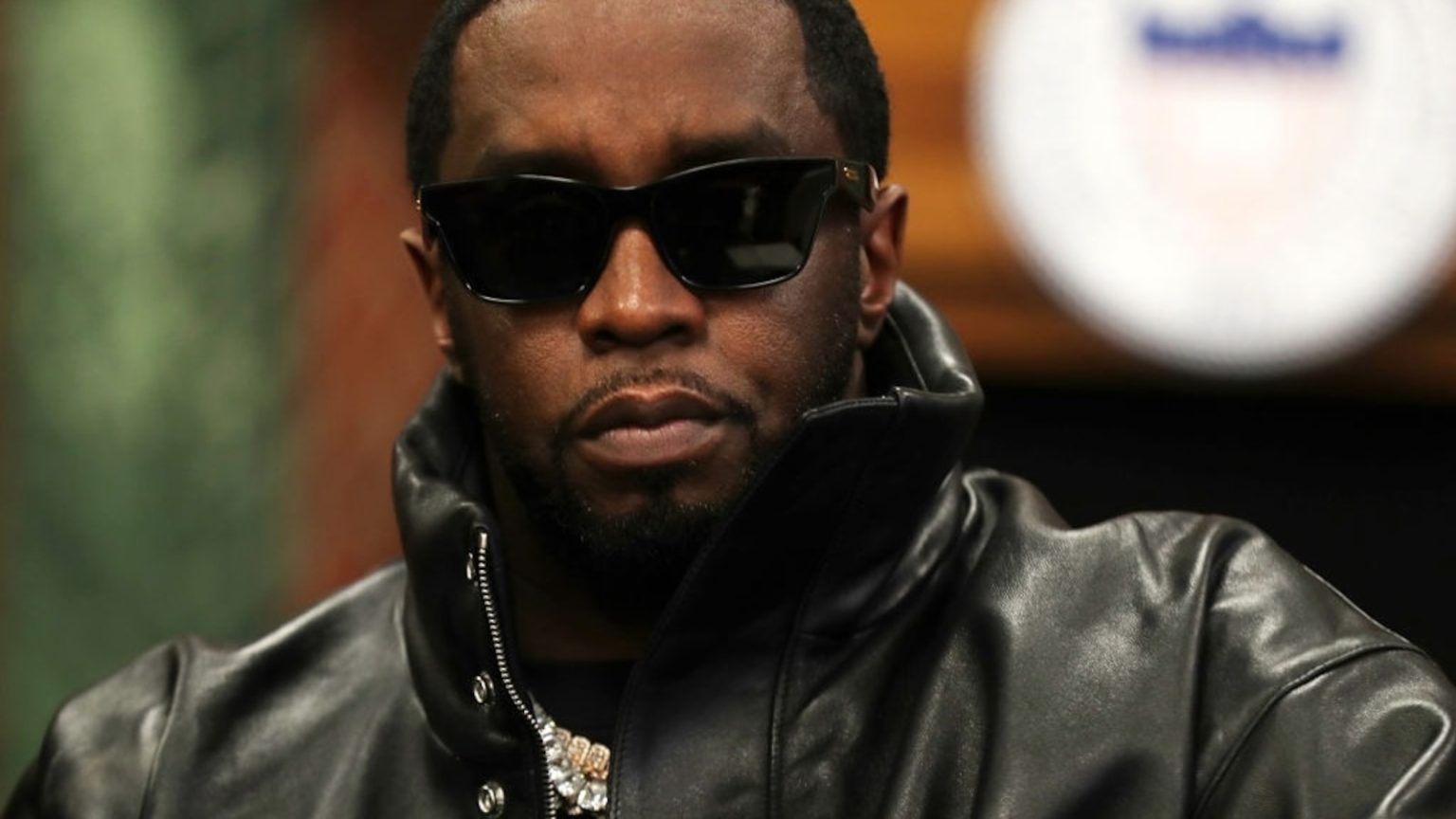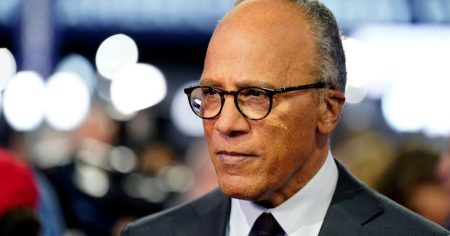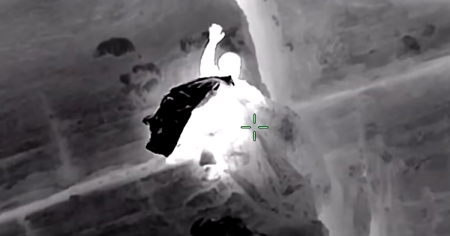Sean "Diddy" Combs’ Legal Battle: A Fight for Justice
Unconstitutional Warrants and the Defense’s Stand
Sean "Diddy" Combs, the renowned musician and entrepreneur, finds himself in the midst of a heated legal battle, with his defense team arguing that evidence obtained from searches of his properties is inadmissible. The crux of their argument lies in the contention that the warrants authorizing these searches were unconstitutional. The defense maintains that the warrant applications were overly broad and deliberately omitted crucial information that could have exonerated Combs, thus presenting a distorted reality to the court. This omission, they argue, misled the magistrate judge, who subsequently approved the warrants based on an incomplete and biased narrative.
The Military-Style Raids: A Question of Propriety
The execution of these warrants was nothing short of dramatic, with military-style raids conducted at Combs’ residences in Los Angeles and Miami, as well as other locations. The defense paints a vivid picture of a coordinated effort by the government, not just to gather evidence but to leaks damaging information to the public. This策略, they suggest, aimed to tarnish Combs’ reputation even before the judicial process could unfold. The raids, described as excessive and unnecessary, raise questions about the government’s methods and the balance of power between the accused and the state.
The Credibility of Producer-1: A Witness in Question
Central to the defense’s argument is the testimony of Producer-1, an unnamed individual whose credibility is vehemently challenged by Combs’ legal team. They allege that Producer-1’s accounts, which form a significant part of the warrant applications, are unreliable and motivated by potential personal gain. The defense highlights that Producer-1’s stories, while salacious, lack substance and were never credible. Importantly, the government has no intention of calling this witness to testify, further undermining the reliability of their claims. This omission casts a shadow over the government’s case, suggesting that their evidence may be flimsy and untenable under scrutiny.
The Suppression of Evidence: A Crucial Legal Maneuver
In their motion to suppress the evidence, Combs’ attorneys are seeking to exclude all evidence obtained through these questionable searches. They argue that the government’s failure to disclose exculpatory evidence constitutes a serious breach of legal ethics and procedural fairness. Should the court deny this motion, the defense is seeking a hearing to investigate the government’s conduct in obtaining the warrants. This legal maneuver underscores the defense’s belief in the impropriety of the government’s actions and their determination to ensure that Combs receives a fair trial.
The Charges Against Diddy: A Denial of Guilt
At the heart of the case are the serious charges leveled against Combs, including racketeering conspiracy, sex trafficking, and prostitution. These charges are based on the accounts of at least three women, one of whom, Cassie Ventura, the defense argues, was a willing participant in the alleged activities rather than a coerced victim. Combs has denied all allegations unequivocally, with his legal team emphasizing his innocence and expressing confidence in the judicial process. They are resolute in their belief that the truth will prevail, asserting that Combs has never engaged in any form of sexual assault or trafficking.
The Struggle for Truth and Justice
This legal saga raises important questions about the integrity of the judicial system and the rights of the accused. The defense’s allegations of governmental overreach and manipulation of evidence highlight the challenges faced by individuals, particularly those in the public eye, in securing a fair trial. As the case progresses, the court will need to carefully weigh the arguments presented and ensure that justice is served without prejudice or bias. The outcome of this legal battle will not only determine Combs’ fate but also set a precedent for how such cases are handled in the future, reinforcing the principles of fairness and transparency that underpin our legal system.















